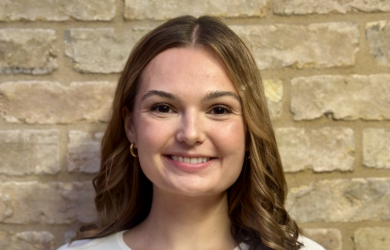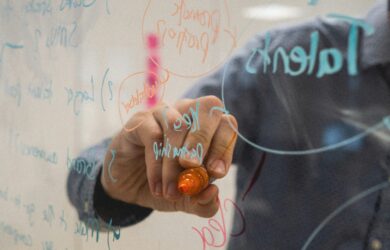
Gates Cambridge Scholars have contributed to a more diverse stand-up comedy scene in Cambridge and more widely.
It’s hard to imagine being a stand-up if you look at the stage and never see anyone who looks like you or comes from a similar place as you
Callie Vandewiele
When Callie Vandewiele (2014) arrived in Cambridge she had been performing improv comedy in the US for four years. She couldn’t find an improv group in Cambridge so a friend suggested she try stand-up. Her first gig was in October 2013.
Since then not only has she performed across the UK – from Norwich to Cardiff – and in the US, but she has played an influential role in opening up the Cambridge comedy scene to a more diverse group of stand-ups.
Callie loved stand-up comedy from the offset. Her first gig was at a political comedy night at Queen’s college. “It was just three to four minutes putting my toe in the water, but it was addictive. I went from that to seeking out every comedy night I could find in Cambridge for the next year,” she says.
Her comedy style is mainly narrative – rooted in story telling and life experience. She comments on everything from online dating and sexual politics to being an American in the UK.
At the time she started there were very few women doing stand-up in Cambridge. While most sets are fairly short, in 2016, she did an hour-long routine at the ADC in 2016. Last year, however, she took a year out to finish her PhD in Latin American Studies focused on traditional Guatemalan textiles.
To address the lack of diversity in the Cambridge comedy scene, Callie co-founded the Newnham Smoker with Chris Waugh and James Wilkinson. The first feminist comedy night, in Cambridge, it is based at Newnham college and aims to provide women, queer and non-binary people with an introduction to stand-up. The Newnham Smoker runs semi-regular workshops and hosts trainers from the London comedy scene to offer a supportive environment for a diverse range of new stand-ups to develop their skill sets.
When the Newnham Smoker first started Callie and the other founders received regular online abuse, but that has subsided as the Cambridge comedy scene has opened up.
Gates Cambridge stand-ups
Over the last four years over 30 people have done stand-up for the first time, or at a very early point in their careers, at the Newnham Smoker. They include several other Gates Cambridge Scholars. One is Cansu Karabiyak, who competed in the BBC New Comedy Award heats and has performed in Cambridge and London. Cansu founded Laugh 4 Change, a charity that puts on stand-up gigs to raise funds for refugees, after returning from volunteering in refugee camps in Greece in December 2016. Cansu [2016] is doing a PhD in Medical Science focused on finding new ways of treating neurodegenerative disorders such as Parkinson’s Disease.
Another scholar who got into stand-up through the Newnham Smoker is Annika Pecchia-Bekkum [2014], who did a PhD in Medicine. She also took part in a stand-up workshop, run by Callie, through the Gates Cambridge Learning for Purpose initiative and learnt how to write different types of comedy. Her comedy is mostly story-telling based on her life, for instance, her childhood and transition to adulthood and her experience of being homeschooled in Utah. “Before I came to Cambridge I was very shy,” she says. “Comedy was a way for me to connect with people and feel more comfortable interacting with groups. It has greatly impacted my life.”
She admits that she still gets stage fright, but also that she loves the buzz of performing and having to think quickly and adapt her material to the audience on any given night.
Since she began, she has experienced being the only female on the roster and describes it as isolating and daunting. However, she adds that more and more female comedians are coming forward thanks to the work of people like Callie and the Pembroke College-based founders of the comedy club ‘Stockings’. She is also proud to be part of an expanding group of Gates Cambridge stand-ups. “There’s a really vibrant comedy community at Gates Cambridge. A lot of people attended the Learning for Purpose workshop,” says Annika. “I have to thank Callie – she has helped to create a very welcoming, non judgmental atmosphere where people can develop their stand-up skills.”
Using comedy to tackle social issues
Other Gates Cambridge scholars who have got into stand-up at Cambridge include Wesley Hazen [2013] who did an MPhil in Criminology. He did an open audition for Footlights which kickstarted a sideline in stand-up which balances his day job. Wesley says he had always enjoyed comedy, but Cambridge gave him the chance to take to the stage. His comedy is based on one liners and some narrative from his personal life, including a traumatic event a few years ago when he was shot in the leg in a drive-by shooting in the US. The shot fractured his fibula down to the calf. He says doing stand-up has helped him to process the experience. It also provides a counterbalance to his work as a Word Processing Technician with the Texas Legislative Council for the Texas State Legislature and widens his social network.
Mohammad Shomali’s comedy aims to tackle Islamophobia. He also got into stand-up through Footlights. He discovered the power of telling jokes at home, though. His brother has muscular dystrophy and Mohammad realised early on that comedy could help raise the family mood.
Mohammad [2016], who is an imam, performed for Footlights a few times before being invited to perform at comedy clubs and colleges across Cambridge. At one point he was doing three shows a day. “I had read a lot about comedy and had always wanted to do it,” says Mohammad.
His comedy hero was George Carlin. He loved the way Carlin mixed philosophy and politics into his routine. “His comedy had a message. I wanted my comedy to be funny and to have something behind it too,” says Mohammad.
A lot of his routine focused on the everyday experiences of someone from the Middle East who is living in the West and played on stereotypes of the other. “Comedy is the best way to communicate without causing any hard feelings,” he says.
At the time Mohammad was doing an MPhil in Muslim/Jewish relations. At one point he was invited to perform at a Jewish celebration. “Comedy brings people together. If you were talking about the issues in another forum only certain groups of people would be interested, but everyone comes if you talk about them in stand-up because everyone enjoys laughing. People were very open. I loved it,” says Mohammad.
He adds: “My comedy aims to help bridge the gap between my community and the wider Western
community. ”
Although he was asked to tell a joke in his Gates Cambridge interview, Mohammad hasn’t had much time to do stand-up since he started his PhD which is focused on Islamic law and minority human rights. Nevertheless, he says he does use his comedy skills in his teaching and public speaking. One course he teaches is Islamic history and philosophy at the Islamic College in London. “The topic can be a bit dry so I use a bit of comedy,” he says.
The Gates Cambridge Scholars have provided a more international, diverse outlook to the Cambridge comedy scene, but the experience of doing stand-up has also had a positive impact on them. Those who have taken up stand-up say that it has enriched their lives.
Callie adds that doing stand-up can also build personal skills and confidence. She hopes the Newnham Smoker, now co-run by Charlie Stokes, has contributed to a more diverse comedy scene not just in Cambridge but beyond and that Gates Cambridge Scholars have played their part in this. “It’s hard to imagine being a stand-up if you look at the stage and never see anyone who looks like you or comes from a similar place as you,” she says.
*Photo of Callie: credit Alex Kong.
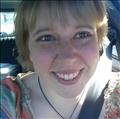
Callie Vandewiele
- Alumni
- United States
- 2014 PhD Latin American Studies
- Newnham College
Born in Utah, I was raised the oldest of six siblings first there and then just outside of Portland, Oregon. "Unschooled" until the age of 16 my foray into traditional education began with a handful of highschool classes, and then a dive into Spanish language, music and biology at the local community college, where I quickly developed a taste for academic work. As a non-traditional student I graduated first with an AAOT in General Studies from Clackamas Community College and then with honors from Pacific University in 2008, where I received a B.A. in Politics and Government. After graduation I lived and worked in the Alta Verapaz of Guatemala where I developed an interest in women's leadership education and the ongoing interactions between globalized western culture, local cultures and the evolution of ancient traditions.
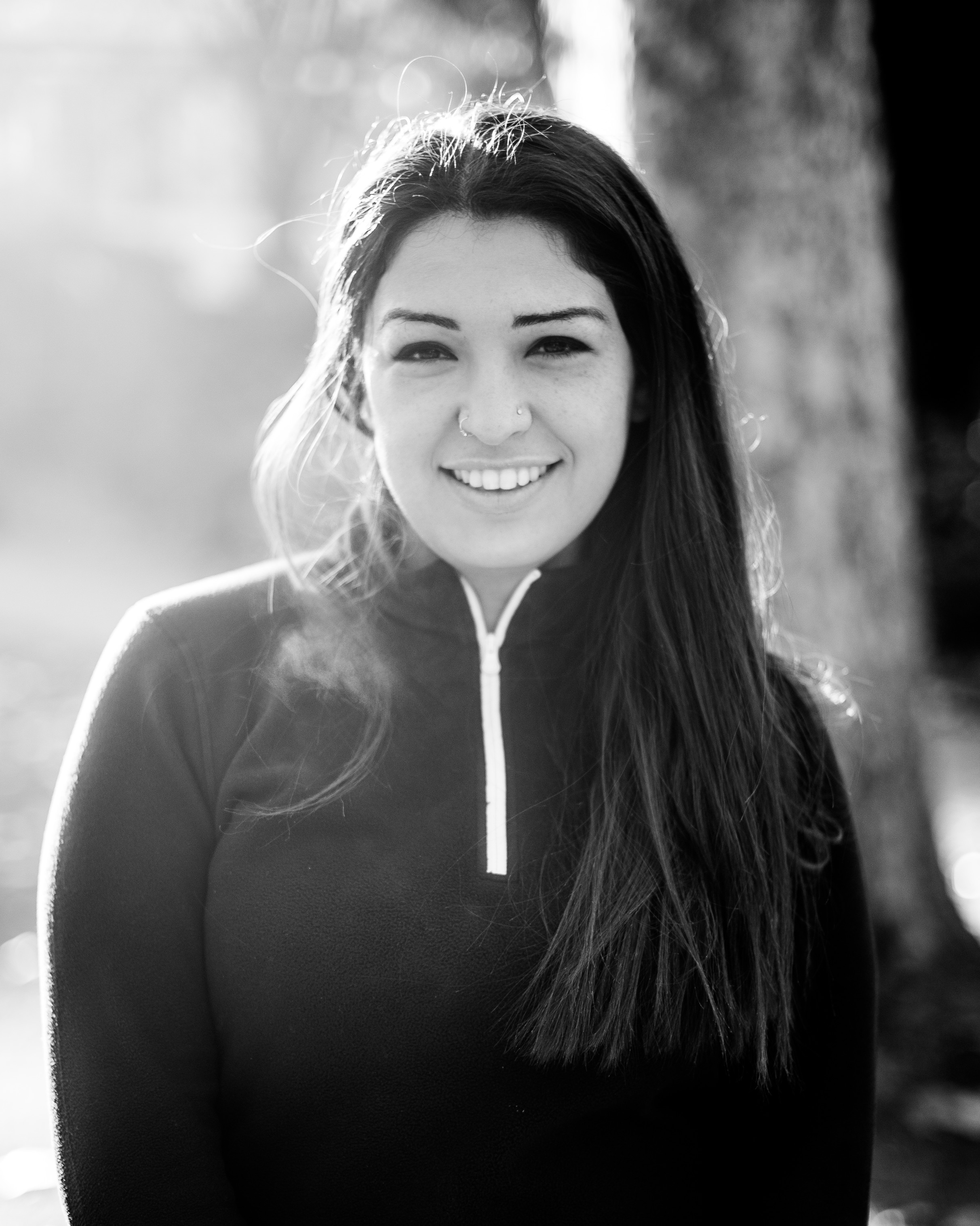
Cansu Karabiyik
- Alumni
- Denmark
- 2016 PhD Medical Science @ CIMR
- Pembroke College
I completed my BSc and MSc in Biomedicine at the University of Southern Denmark, where I developed a great fascination for neuroscience. Therefore, I chose to conduct my BSc thesis in a neurobiology lab working on a treatment for stroke. During my MSc degree, I had the good fortune to study at both UCSD and in Portugal. Following this, I decided to spend a year gaining additional research experience. I came to Cambridge in July, 2015 to work as a research assistant in Prof. David Rubinszteins lab. Here, I had the opportunity to combine cell biology with neurobiology and learned that understanding cell mechanisms creates options for treating severe diseases. Currently, there are no effective treatments for neurodegenerative disorders. During my PhD, I will focus on the cellular degradation mechanism, autophagy. Induction of this pathway has the ability to clear the toxic aggregates that are the hallmarks of neurodegeneration in disorders such as Parkinson’s disease. I hope that this will bring us closer to treating these devastating diseases that leave individuals impaired and dependent. I am excited to undertake my PhD in such a dynamic and innovative environment and to join the diverse and compassionate Gates community.
Previous Education
University of Southern Denmark
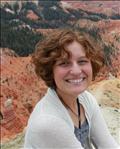
Annika Pecchia-Bekkum
- Alumni
- United States
- 2014 PhD Medicine
- Pembroke College
In all but birthplace, I’m effectively a Salt Lake City, Utah native, but somehow managed to avoid becoming an avid skier. I started college a little early at Salt Lake Community College, then transferred to the University of Utah where I graduated with honors degrees in both Chemistry and English. I graduated with a Master’s degree in Chemistry also at the University of Utah. At Cambridge, I am working with Drs. K.G.C. Smith and Paul Lyons in the Cambridge Institute for Medical Research. After my time at Cambridge, I plan on completing postdoctorate research and then attending medical school. Ultimately, I wish to specialise in paediatric immunology and treat patients as well as conduct research.
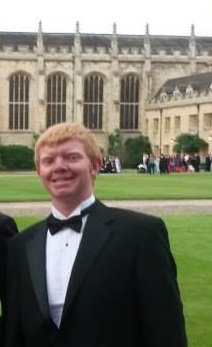
Wesley Hazen
- Alumni
- United States
- 2013 MPhil Criminology
- Selwyn College
Gates Alum, Selwyn (2013), Ents Officer Selwyn MCR (2013-2014), Dreamer by choice
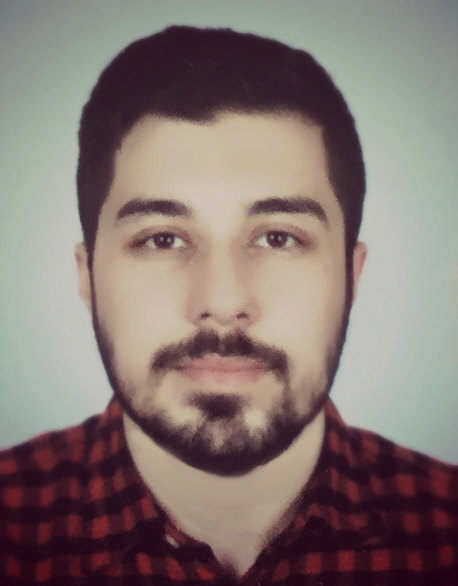
Mohammad Javad Shomali
- Alumni
- Iran, Islamic Republic of
- 2016 PhD Asian & Middle Eastern Studies
- King's College
Having studied and taught in the Islamic Seminaries of Iran for almost a decade, I then joined the University of Cambridge, where I completed an MPhil and PhD. in Middle Eastern studies.
I developed a strong interest for mental health and psychology and this interest brought me back to the University of Cambridge a year after the completion of my PhD. Right now I am training as studying Psychotherapy at the faculty of education.
The main focus of my research right now is the intersection between psychotherapy and spiritual development.
Previous Education
Qom Theological Centre
University of Cambridge








